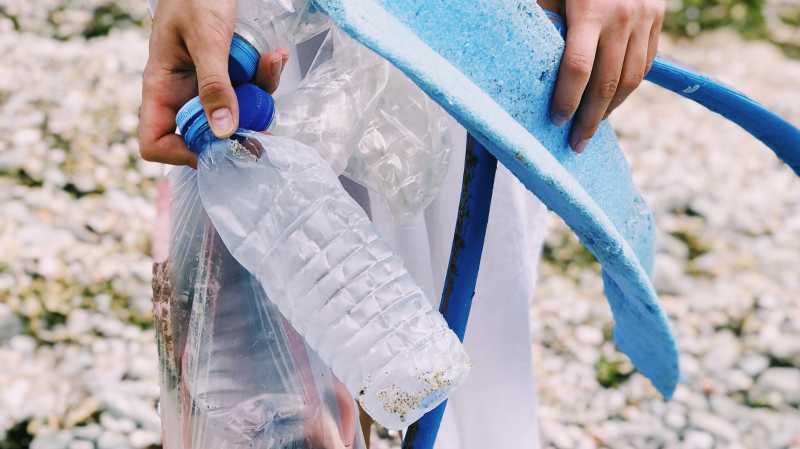

The Philippine Congress passed the Extended Producer Responsibility Act last year as a response to the worsening trash situation in the country.
The Trash Situation Before 2022
The Philippines was ranked as the third worst plastic dumper in the oceans, just behind China and Indonesia.
The Philippines’ topmost garbage source is currently single-use plastic from sachets and food packaging such as coffee, noodles, snacks, and other food items.
In the National Solid Waste Management Commission’s 10-year report, the Philippines reached more than 18 million metric tons in 2020 from 13 million metric tons in 2008.
The Government’s Response
One of the government’s many responses has been to ban the use of traditional plastics and the subsequent shift to oxo-biodegradable plastic bags, paper bags, carton food packaging for takeout.
However, we believe that these measures would not solve the trash situation.
In fact, according to the 2018 Food Industry Asia report, the Philippines focused on micro solutions instead of the big ones. The said report states that product bans for plastic packaging materials constitute a miniscule 3% of the marine plastic leakage situation.
Instead of a ban on single-use plastics, the effective use of the materials recovery facilities and the establishment of new sanitary landfills are the correct solutions. Together, these can potentially reduce more than 90 metric tons of plastic in our oceans.

Food Industry Asia and member companies have renewed their commitment of reducing plastics and packaging waste more aggressively by 2025.
Many giant companies around the world are geared into eliminating single-use plastic in their products and services. For example:
Many organizations have also doubled their efforts in the recent years to curb the use and improper disposal of plastic waste. For example, the startup Pantrypoints uses a community-based circular economy system where people collect food and plastic waste to be used for urban farming.
Unless we support such initiatives or do our part as individuals, these efforts will be useless.
What Can We Do?
We can support the government’s drive to reduce plastic waste:
- Bring your own water bottle instead of buying bottled water
- Host a bring-your-own-glass party so you won’t have to buy disposable cups
- Start making bulk purchases for your toiletries and cleaning supplies
- Limit takeout packed in single-use plastic by packing your lunch
- Make bulk purchases when shopping online to limit plastic packaging
- Ditch the plastic shopping bag and use your basket or washable shopping bags
- Use washable glasses and don’t use straw
